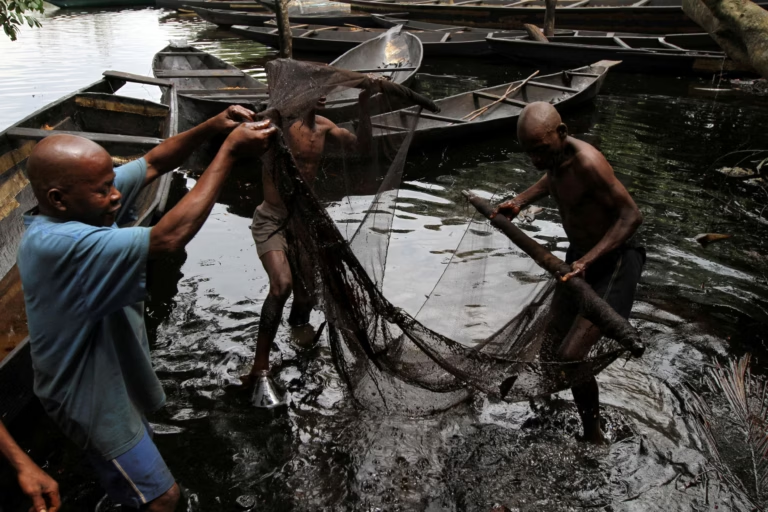Renaissance Energy, a Nigerian oil firm and the new owner of Shell’s former onshore operations, has suspended output from a segment of the Trans Niger Pipeline (TNP) after an operational mishap led to a crude oil spill in the B-Dere community of Ogoniland, Rivers State.
The affected line feeds into the TNP—one of Nigeria’s most vital crude transport routes, channeling oil from inland fields to the Bonny export terminal. The pipeline has a daily capacity of approximately 450,000 barrels, serving as a major conduit for Bonny Light crude, one of Nigeria’s premium export grades.
The spill, which occurred on May 6, marks the second incident in two months affecting the pipeline and has sparked renewed concerns about the environmental and operational safety of Nigeria’s aging energy infrastructure.
Swift Response and Containment Efforts
In a statement issued Friday, Renaissance Energy’s spokesperson Michael Adande confirmed that the company had immediately isolated the compromised line and suspended production to prevent further leakage.
“With the cooperation of the B-Dere community, our technical team reached the site, sealed the pipeline, and recovered spilled crude. Cleanup operations are currently being arranged,” Adande said.
An environmental advocacy group first reported the incident on Thursday, criticizing the frequency of spills in the region and their devastating impact on local communities and ecosystems.
Cause and Cleanup Underway
According to Renaissance, a preliminary investigation has determined that the cause of the incident was operational, not due to sabotage—a frequent concern in the Niger Delta where pipelines are often targeted by oil thieves.
The company emphasized that environmental remediation would follow established protocols and community engagement would continue throughout the cleanup process.
Strategic Importance of the Trans Niger Pipeline
The Trans Niger Pipeline remains a cornerstone of Nigeria’s crude oil export system. Alongside another major pipeline, it serves as a primary channel for getting oil from the Niger Delta to international markets.
Nigeria, Africa’s top oil producer, relies heavily on such infrastructure to sustain exports, which are crucial for national revenue. However, persistent operational issues and environmental hazards have raised concerns about the long-term sustainability of its oil sector.
Looking Ahead
While the immediate crisis appears contained, the latest incident underscores the urgent need for infrastructure upgrades, stricter monitoring, and community-inclusive safety measures in Nigeria’s oil-producing regions. Renaissance Energy, which assumed control of Shell’s onshore assets only recently, will face mounting pressure to ensure both operational excellence and environmental responsibility moving forward.

